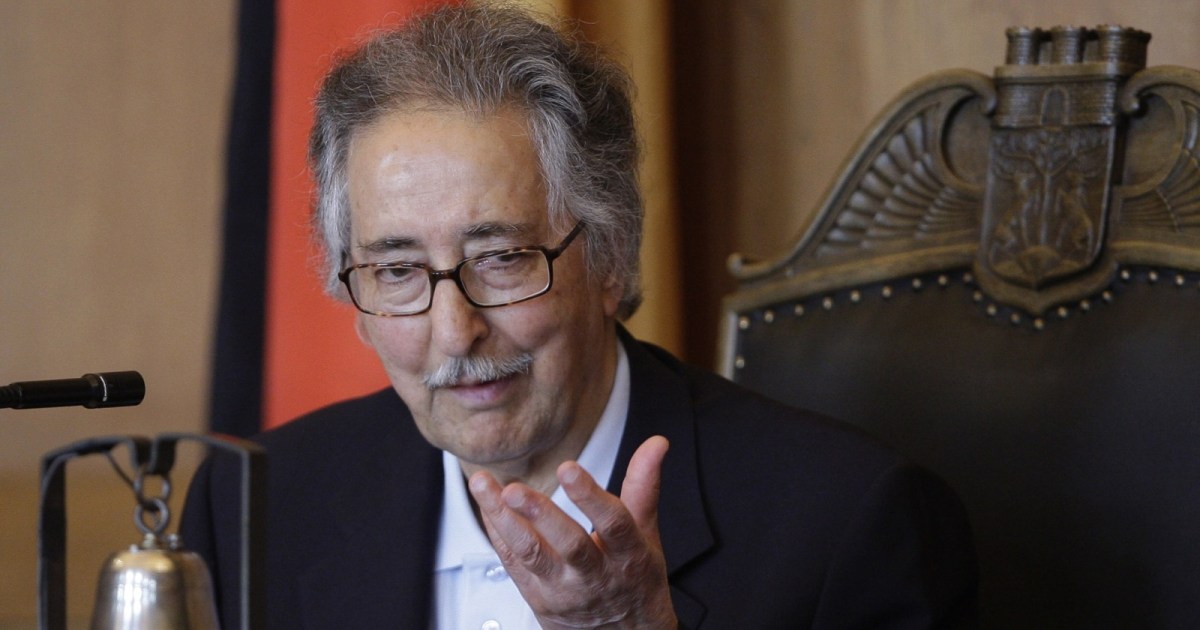Today, Saturday, Abul-Hassan Bani-Sadr, the first president of the Republic in Iran after the victory of the Islamic Revolution, died at the age of 88 in France, where he resided for decades following his removal.
The official IRNA news agency reported that Bani-Sadr died at the Petit-Salpetriere Hospital in Paris, after a long illness.
In a statement from France addressed to "the honorable people of Iran and all those who struggle for independence and freedom," his family confirmed his death after "a long struggle with illness."
Bani-Sadr, who was considered one of the closest to the founder of the republic, Ayatollah Khomeini, was elected president of the republic in January 1980, the year after the revolution's victory over the regime of Shah Mohammad Reza Pahlavi.
But he was deposed after only about 17 months after being accused of treason, and was removed from his position by the Supreme Leader (Khomeini) due to differences, including regarding the war with Iraq, and he has taken refuge in France since then.
Bani-Sadr, who was provided with French security protection, had been undergoing periodic treatment at a Versailles hospital near Paris since May 1984, after he resided in the cities of Auvers-sur-Oise and Kachane, near the capital.
Upbringing and political activity
He was born on March 22, 1933, near Hamadan, in the west of the country, into a family that included a number of clerics, including his father.
He started his political activity at the age of 17 through the "National Front" led by the late Prime Minister Mohammad Mosaddegh, who fought for Iran's independence and the nationalization of the oil industry.
After studies in the sciences of religion, economics and sociology, Bani Sadr - who was known for his liberal religiosity and his Western-style clothes - was among the opponents of the Shah's rule, and he moved to Paris in 1963 after he became one of the wanted men of the Shah's security services.
In 1970, he established, with others from France, a union opposing the then existing regime in Iran, and supporting the leader of the Iranian revolution (Khomeini), who was residing in Iraq.
He became close to Khomeini after moving to France in October 1978, describing him as a "dear father" to him.
Bani-Sadr was one of the personalities who accompanied Khomeini on the return trip from Paris to Tehran on February 1, 1979, before the Shah's rule was overthrown.
He held several positions in the nascent republic, as he was appointed initially as Minister of Economy and then as Minister of Foreign Affairs, before being elected as its first president on January 26, 1980 by a large majority.
On February 7 of the same year, Khomeini appointed him head of the Revolutionary Council.
Bani Sadr faced great challenges since the beginning of his duties, from the storming of the American embassy in Tehran and the hostage-taking, to the war with Iraq that broke out in the year he took power, and the country's economic conditions.
However, he was at odds with many influential clerics affiliated with Khomeini's line and an "Islamic Republican" party and was removed in the Shura Council on June 21, 1981 for "political incompetence".

